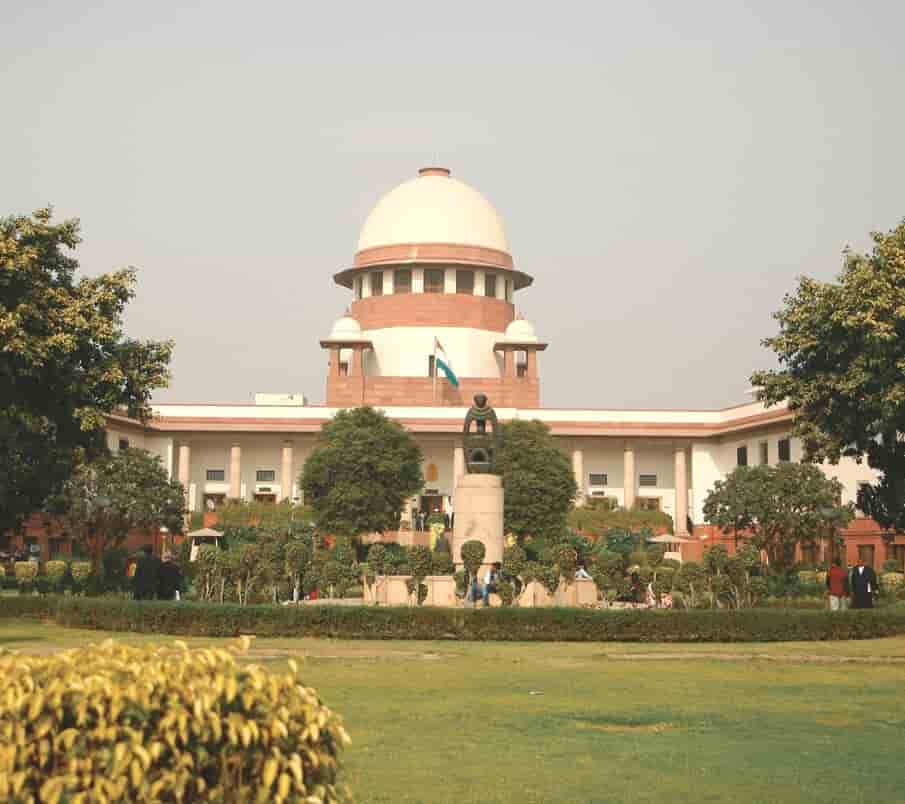The Supreme Court has ruled that while a minority educational institution was free to devise its own fee structure, the Admission and Fee Regulatory Committee under the state had the power to regulate the same, in order to ensure that there was no profiteering or charging of capitation fee.
The Bench of Justice Dinesh Maheshwari and Justice P.V. Sanjay Kumar made the observations on a petition filed by the Icon Education Society, challenging the provisions of the Madhya Pradesh Niji Vyavsayik Shikshan Sanstha (Pravesh Ka Viniyaman Avam Shulk Ka Nirdharan) Adhiniyam, 2007.
The 2007 Act empowered the AFRC to scrutinise the fees proposed by a minority educational institution.
The Bench observed that the role of AFRC was limited to reviewing the fees proposed by the society and not to unilaterally fix the same.
It said that a minority educational institution could not claim complete immunity under Article 30 of the Constitution from the exercise undertaken by the AFRC.
Referring to the TMA Pai and PM Inamdar cases, the top court of the country ruled that setting up a reasonable fee structure was also a component of the right to establish and administer an institution, within the meaning of Article 30(1) of the Constitution.
It further said that every institution was free to devise its own fee structure subject to the limitation that there could be no profiteering and no capitation fee could be charged directly or indirectly or in any form.
It was permissible for AFRC to regulate admission and fee structure for achieving that purpose, added the Apex Court.
The Bench noted that the constitutional validity of the Act was upheld by a Constitution Bench of the Supreme Court in Modern Dental College and Research Centre and others vs State of Madhya Pradesh and others in 2016.
It said the provisions of this enactment have already been read down by this Court to mean that the AFRC would have the power only to regulate the fee once the same was proposed by the educational institution itself, keeping in mind the parameters encapsulated in Section 9(1) thereof.
The Bench further said that AFRC did not have power to unilaterally fix the fees to be charged by the appellant society for the professional courses offered through its educational institutions. However, the appellant society could not claim complete immunity in undertaking this exercise and seek exemption from any interference by AFRC, it added.
The Apex Court ruled that the appellant society must necessarily submit the fees proposed by it in respect of the professional courses offered through its institutions to AFRC for the purpose of review and regulation, as per the provisions of Section 9 of the Act of 2007 and the principles laid down by this Court in the precedents.
Senior Counsel Dama Seshadri Naidu represented the appellant society, while Additional Advocate General (AAG) P.V. Yogeshwaran appeared for the State of Madhya Pradesh.
(Case Title : Icon Education Society vs State of Madhya Pradesh)


